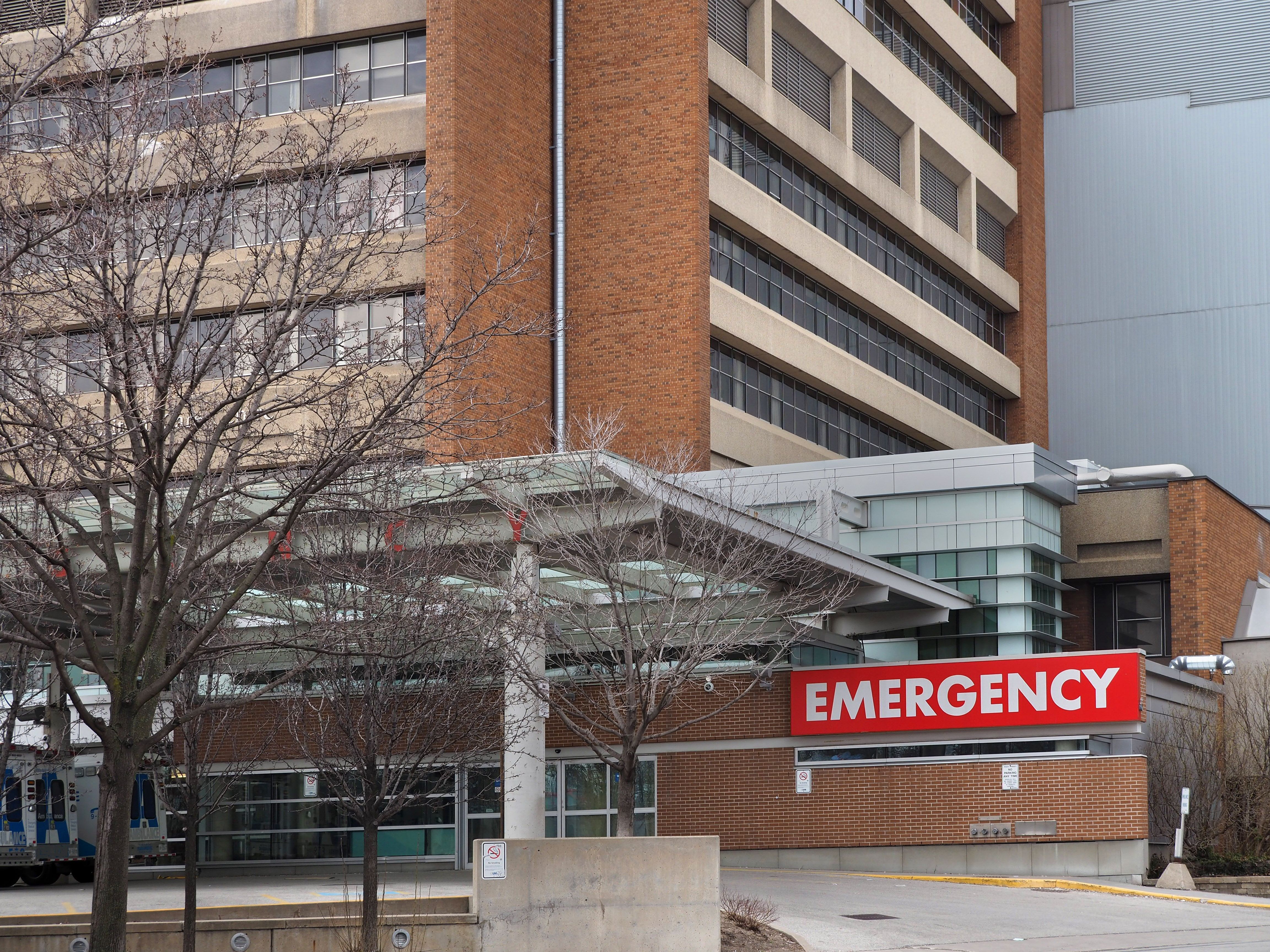Most hospital emergency rooms ask patients about food or housing insecurity
While hospitals have focused more on social factors affecting health, less than 1 in 3 emergency departments ask patients about those challenges. Researchers call it a ‘missed opportunity.’
Healthcare leaders frequently say much of the factors affecting the health of patients occur outside the hospital or clinic.
Most hospital emergency departments aren't screening patients for social determinants of health, such as housing or food insecurity. (Image credit: ©SpiroviewInc - stock.adobe.com)

More hospitals have been taking steps to address social determinants affecting the health of patients, such as food insecurity or housing instability. But a new study finds that there’s one area of the hospital that isn’t routinely screening for those social determinants of health: the emergency department.
Less than one-third of emergency departments screen for social determinants of health, such as food or housing insecurity, according to a new study published Wednesday by JAMA Network Open. Researchers from the University of California-San Francisco, Massachusetts General Hospital and the University of Massachusetts Medical School conducted the study.
Researchers analyzed 232 emergency departments, and found 28.4% had screening policies for the social determinants and asked patients about those challenges.
Hospital emergency rooms routinely see patients struggling with policy or facing difficulty paying their bills. Many patients end up going to emergency departments for basic healthcare needs because they lack insurance and that’s their only option for treatment.
The authors said the findings reveal “a missed opportunity to reach and address the needs of vulnerable ED populations.”
Researchers say screening to ask patients about issues can help lead to interventions that could help them avoid more serious complications.
“The low rates of screening impedes the delivery of high-quality, comprehensive care that both considers and addresses unmet social needs in clinical care plans,” the authors wrote in the study. “It risks perpetuating poor health outcomes and exacerbating existing health disparities.”
Even among emergency departments that had policies requiring patients to be screened for social determinants affecting their health, some hospitals don’t have a policy dictating a response.
While most emergency departments had policies calling for some kind of response if a patient listed a social factor contributing to their health challenges, about one-fifth didn’t have any policy or requirement in place guiding staff if patients said they were struggling with an issue such as food insecurity.
Researchers said if hospitals are screening for problems, they need to be prepared to offer some type of assistance or guidance to community resources. Otherwise, hospitals can damage their credibility within their community
“Screening without response not only represents wasted resources but also risks inducing trauma and eroding patient trust and confidence in the health care system to address their needs,” the authors wrote.
Read more: Children’s Minnesota CEO talks about focusing on health equity
Hospitals that are screening for social determinants and would like to connect patients to assistance may be hampered by a lack of available resources in their communities.
The authors identified other gaps that health systems should consider. Most emergency departments have social work services available, but only about a quarter (23.4%) had social work coverage around the clock. Only about one in five emergency departments (20.5%) had a social worker based in the department.
More than 90% of emergency departments are screening for risk factors such as substance use, mental health issues, or abuse from a partner.
The Centers for Medicare & Medicaid Services and The Joint Commission have developed incentives to encourage screenings in emergency departments, and researchers said incorporating those more broadly could help identify needs. But they also cautioned that any screening mandates should account for the availability of community resources as well.
Researchers suggest health systems explore options such as telehealth to expand the availability of social work services for patients in need. They also suggest using AI-powered tools into screening processes that could automatically help put patients in touch with additional community resources, thus reducing the demands on hospital staff.
The authors acknowledge that some researchers suggest alternatives to screening, and instead suggest giving patients a menu of options to connect with programs or services.
Healthcare leaders: Prepare for a very different HIPAA security rule | Viewpoint
April 20th 2025The proposed changes to the HIPAA Security Rule are significant. Executives and boards need to prepare as the days of voluntary compliance end and a new era where leaders are held personally accountable emerges.